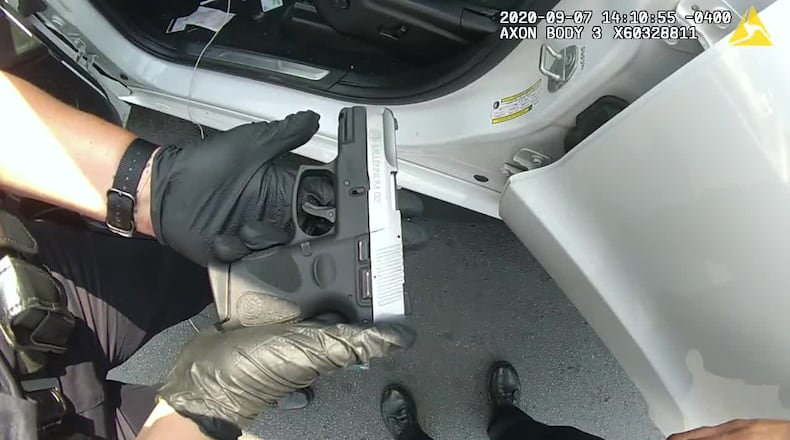“I strongly support the public’s — and the news media’s — right to access public records,” DeWine said in a Thursday night message explaining his decision. “The language in House Bill 315 doesn’t change that right.”
DeWine explained that, because the $75-an-hour charge was a permissive fee and not a mandatory one, he felt comfortable allowing the provision to enter state law. He said he was sensitive to the time-consuming and labor-intensive work behind releasing video public records.
“If the language in House Bill 315 related to public records turns out to have unforeseen consequences, I will work with the General Assembly to amend the language to address such legitimate concerns,” DeWine said.
Under existing law, police departments charge little to no cost for the service. Today, police are only allowed to charge for the physical costs, such as a flash drive, of such a service.
The provision, which places a cap at $750 per video, was never publicly vetted in the Ohio legislature. Instead, it was folded into House Bill 315 via a private conference committee among a handful of lawmakers. The bill, and all its amendments, subsequently passed after midnight on the 135th General Assembly’s final day.
The nature of the change sowed concerns for First Amendment advocates and the Ohio News Media Association, to which this outlet belongs, which worried about the “chilling effect” it might have on journalists and the public.
Reporting from this outlet found that some police departments in Ohio have been badgered by commercial enterprises running YouTube channels that systematically pore through police reports and file an en-masse request for video records of salacious police interactions.
“They want videos of people who resist arrest, videos (of people) who are drunk drivers, videos that they think people want to see on T.V.,” Jay McDonald, president of the Ohio Fraternal Order of Police, told this outlet. “And then, they turn around and then they monetize those public records by putting them on YouTube and generating clicks.”
DeWine characterized the provision as a “workable compromise to balance the modern realities of preparing these public records and the cost it takes to prepare them.”
“No law enforcement agency should ever have to choose between diverting resources for officers on the street to move them to administrative tasks like lengthy video redaction reviews for which agencies receive no compensation,” DeWine said, “and this is especially so for when the requestor of the video is a private company seeking to make money off of these videos.”
For more stories like this, sign up for our Ohio Politics newsletter. It’s free, curated, and delivered straight to your inbox every Thursday evening.
Avery Kreemer can be reached at 614-981-1422, on X, via email, or you can drop him a comment/tip with the survey below.
About the Author

